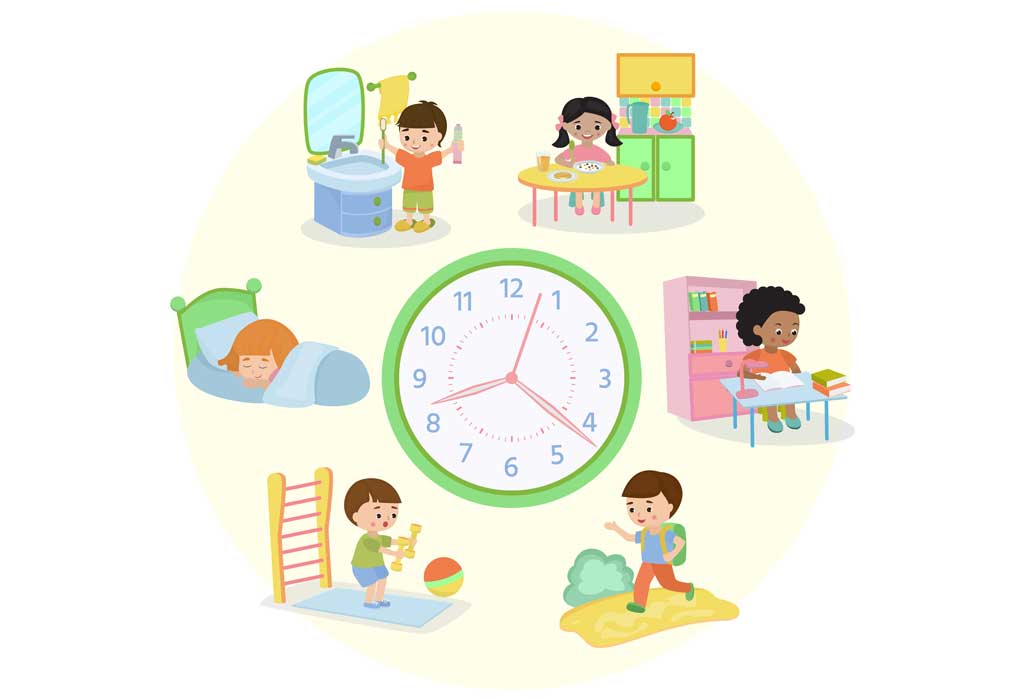
How to Build Emotional Intelligence in Kids: A Simple 5-Step Plan
In today’s fast-paced, competitive world, academic excellence alone isn’t enough. One of the most powerful life skills your child can develop is Emotional Intelligence (EI), the ability to understand, express, and manage their emotions while also being empathetic towards others.
As a parent or educator, you can nurture emotional intelligence in your child starting today and it doesn’t require long lectures or fancy tools.
Just 5 simple steps.
💡 What is Emotional Intelligence?
Emotional Intelligence (also known as EQ) is a child’s ability to:
- Recognize their own feelings
- Understand the emotions of others
- Communicate effectively
- Manage impulses
- Make responsible choices
Children with high EQ are more likely to excel in relationships, leadership, academics, and self-regulation.
🧠 5 Simple Steps to Build Emotional Intelligence in Kids
✅ Step 1: Name the Emotion:
Label What You Feel
“It is well said if you can name the emotion, you can tame the emotion.”
Children often feel confused when emotions like anger, fear, or jealousy arise, but can’t express them. Teach your child to name their feelings.
Try:
- “I see you’re frustrated because the game didn’t go your way.”
- “You look sad want to talk about what happened?”
📌Pro Tip: Use an “Emotion Wheel” or “Mood Chart” to help younger kids identify what they’re feeling.
In our classes we use a “Feelings Tracker” to track how we feel.
✅ Step 2: Validate Emotions – Don’t Rush to Fix It
Instead of saying “Don’t cry” or “Be brave,” let them know it’s okay to feel.
Try:
- “It’s okay to feel scared before a test. I used to feel that way too.”
- “You’re allowed to be upset. Let’s talk about it.”
Validation builds trust and teaches your child that emotions are normal and manageable.
✅ Step 3: Model Emotional Intelligence Yourself
Children learn by observing. Show them how you handle emotions,calmly and honestly.
Say:
- “I’m feeling a little overwhelmed right now, so I’m taking a few deep breaths.”
- “I felt angry when that happened, but I chose to walk away and cool off.”
📌Pro Tip: Avoid yelling or overreacting as children model your behaviour!
✅ Step 4: Teach Self-Regulation Tools
Help your child build their inner toolkit to manage emotions.
You can teach them:
- 🧘 Breathing techniques (Box Breathing, 4-7-8 Method)
- 📖 Journaling
- 🚶 Going for a walk when angry
- 😌 Mindful pauses before reacting
📌Routine Tip: Have a calm corner at home with a soft toy, journal, or simply play on soothing music, anything that helps you to unwind and relax.
✅ Step 5: Practice Empathy Through Stories & Role Play
Books and role-playing games are powerful ways to build empathy.
Ask:
- “How do you think that character felt?”
- “What would you do if your friend was sad?”
📌Activity: Encourage your child to journal a “kindness act” every day or role-play handling difficult social situations.
💖 Why This Matters:
Children with strong emotional intelligence:
- Cope better with challenges
- Form deeper friendships
- Perform better academically
- Are more resilient and focused
- Lead better and create strong teams
✨ Final Thought:
Raising an emotionally intelligent child isn’t about perfection, it’s about small, consistent steps that build awareness, empathy, and inner strength.
Start today. One emotion, one conversation at a time.
📍 Explore our 21-Day Heal What You Feel program that helps children (and parents) develop emotional strength through affirmations, journaling, and mindful habits.



